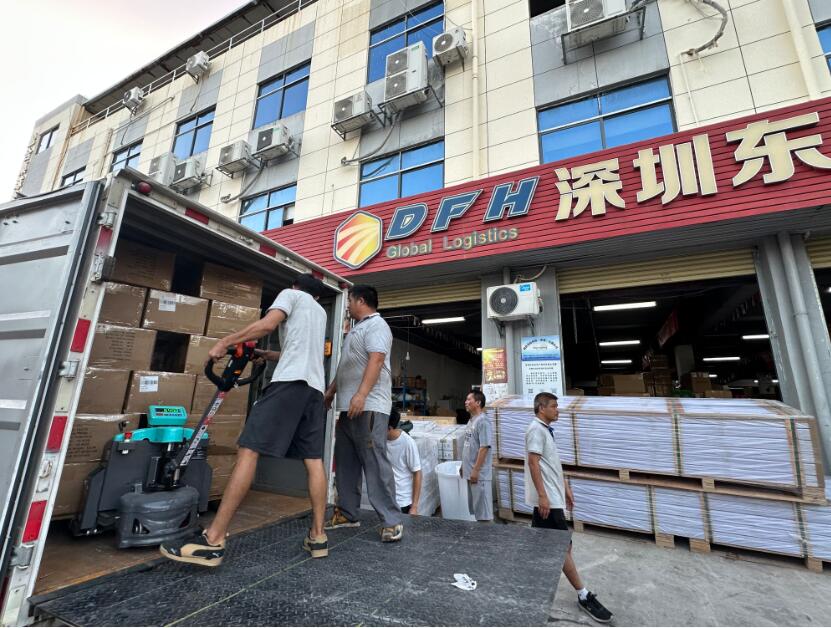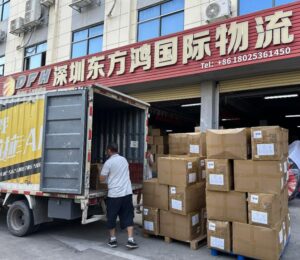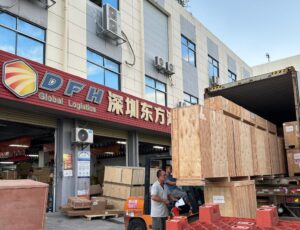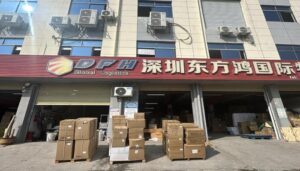When I speak with importers, many of them tell me the same thing: “Buying from Alibaba is easy, but shipping to Austria is complicated.” And I completely agree. Once the order is placed, the real challenges begin—choosing the right transport method, controlling costs, clearing Austrian customs, and handling the 20% VAT correctly.
I’ve been helping businesses and individuals import goods from China to Austria for more than 12 years. Whether you’re an Amazon seller, a wholesaler, or a small business owner, I’ve seen the challenges you face and the solutions that really work. In this guide, I’ll share the step-by-step process of shipping from Alibaba to Austria, so you can avoid delays and surprise costs.
Why should you buy from Alibaba and ship to Austria?
Before we dive into logistics, let’s step back and talk about why Alibaba is such a valuable platform for Austrian businesses and international buyers.
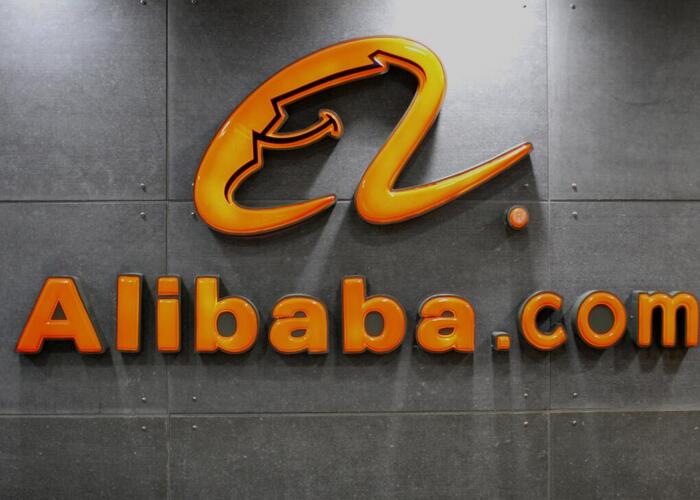
From my experience, the benefits are clear:
- Lower costs: Chinese suppliers usually offer better prices than local or EU sources.
- Product variety: From electronics and furniture to auto parts and clothing, you can source almost anything.
- Scalability: You can start with small sample orders and later scale up to containers.
- EU advantage: Once goods are cleared in Austria, they can move freely within the European Union.
For many of my Austrian clients, Alibaba has become the foundation of their supply chain. The real challenge is not buying—it’s getting goods delivered smoothly to Austria.
You can read more details here : How to find the right freight forwarder in China
How does shipping from Alibaba to Austria work?
Once you’ve placed your order, the shipping process begins. Many importers underestimate how many steps are involved. Here’s the typical process I guide my Austrian clients through.
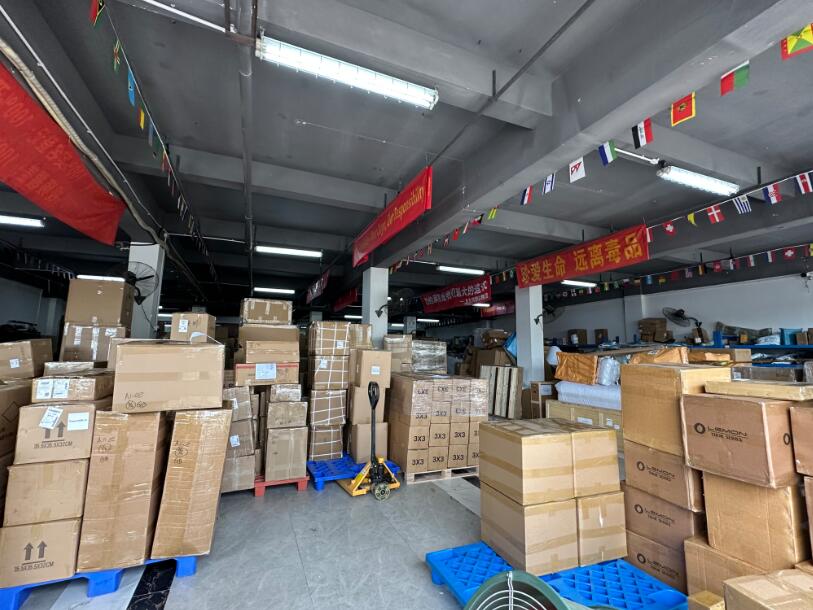
- Supplier coordination in China – pickup, consolidation, relabeling, or repacking if needed.
- Export customs clearance in China – preparing documents and export declaration.
- International transport – choosing between express, air, sea, rail, or truck.
- EU and Austrian customs clearance – goods usually arrive at Vienna International Airport, or via Hamburg, Koper, or Rotterdam ports before being trucked into Austria. Duties and 20% VAT must be managed properly.
- Final delivery – door-to-door service to your warehouse, shop, or Amazon FBA.
Most of the issues I’ve seen arise during customs clearance—incorrect HS codes, undervaluation, or missing documents. That’s why many importers choose DDP shipping, which bundles freight, customs, duties, and VAT into one landed cost.
Should you let your Alibaba supplier handle the shipping?
I’m often asked: “Wouldn’t it be easier to let the supplier arrange the shipping to Austria?” Here’s my honest answer.
When it can work
If you’re ordering small samples or lightweight parcels, supplier-arranged courier shipping can be convenient.
The risks
But for larger shipments, relying on your supplier often leads to:
- Higher freight costs.
- Slower transit times.
- No support for Austrian customs or VAT.
- Full responsibility for the 20% VAT falls on the importer.
Why I recommend a freight forwarder
Most of my clients turned to me after facing these problems. By working with a professional forwarder like DFH Logistics, you gain:
- Multiple shipping options for better cost control.
- Consolidation services for multiple suppliers.
- Export and import customs clearance support.
- Door-to-door DDP shipping with VAT included.
What are the shipping methods from Alibaba to Austria?
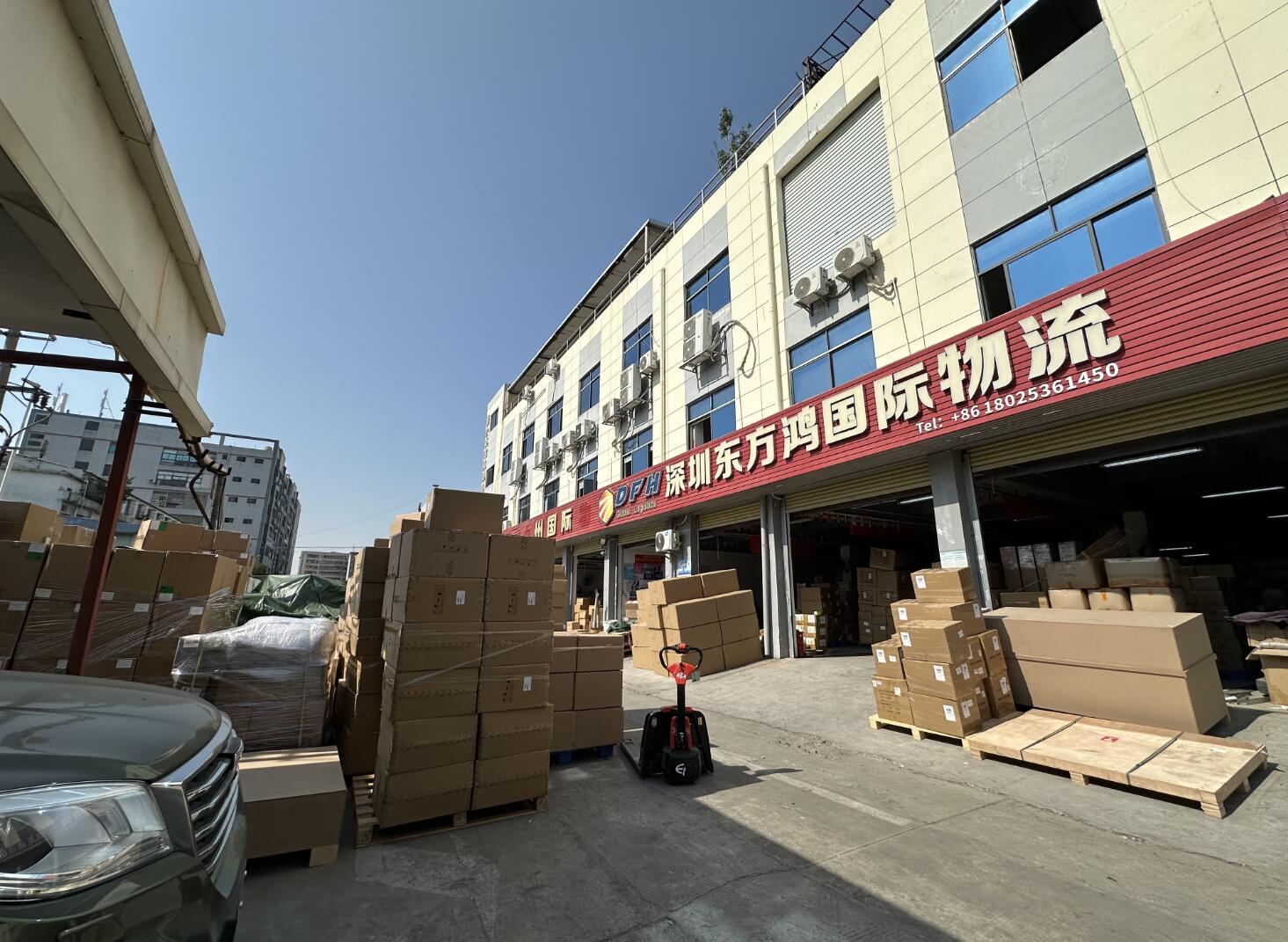
Choosing the right shipping method is crucial. Here’s how I guide my Austrian and international clients.
Express Courier (DHL, FedEx, UPS)
- Transit time: 3–7 days
- Best for: Urgent shipments under 100 kg
- Advantages: Fastest, customs handled by the courier
- Limitations: Very expensive for larger or bulky shipments
Air Freight
- Transit time: 3–5 days to Vienna Airport, 7–12 days door-to-door
- Best for: Shipments between 100–500 kg
- Advantages: Faster than sea, cheaper than express
- Limitations: Customs clearance and delivery required unless using DDP
Sea Freight (LCL & FCL)
- Transit time: 40–50 days (via Hamburg, Rotterdam, or Koper, then trucked to Austria)
- LCL: For 1–15 CBM
- FCL: For 20ft or 40ft containers above 20 CBM
- Advantages: Cheapest per unit for large shipments
- Limitations: Slowest method
Railway Freight
- Transit time: 25–35 days to EU rail hubs, then trucked to Austria
- Best for: Medium shipments balancing cost and time
Truck Freight
- Transit time: 18–25 days
- Best for: Flexible EU-wide delivery, including Amazon FBA
DDP Shipping
- Transit time: 7–15 days by air, 40–50 days by sea
- Includes: Freight, export clearance, Austrian customs, duties, and 20% VAT
- Best for: Importers without VAT/EORI, or those who want a fixed landed cost
How is chargeable weight calculated for shipments to Austria?
Many clients are surprised by how freight costs are calculated. Let me explain.
Express and Air Freight
Charged by actual weight vs volumetric weight (L×W×H cm ÷ 5000)—the higher figure applies.
Sea Freight
- LCL: Per CBM, with a minimum of 1 CBM.
- FCL: Flat rate per container (20ft/40ft).
Railway and Truck
Can be charged by weight or CBM depending on route.
DDP
A single all-inclusive landed cost.
Related reading: How to calculate chargeable weight
What packaging tips should you follow for Alibaba shipments to Austria?
From experience, packaging is just as important as transport choice. Poor packaging causes damage, delays, and extra costs.
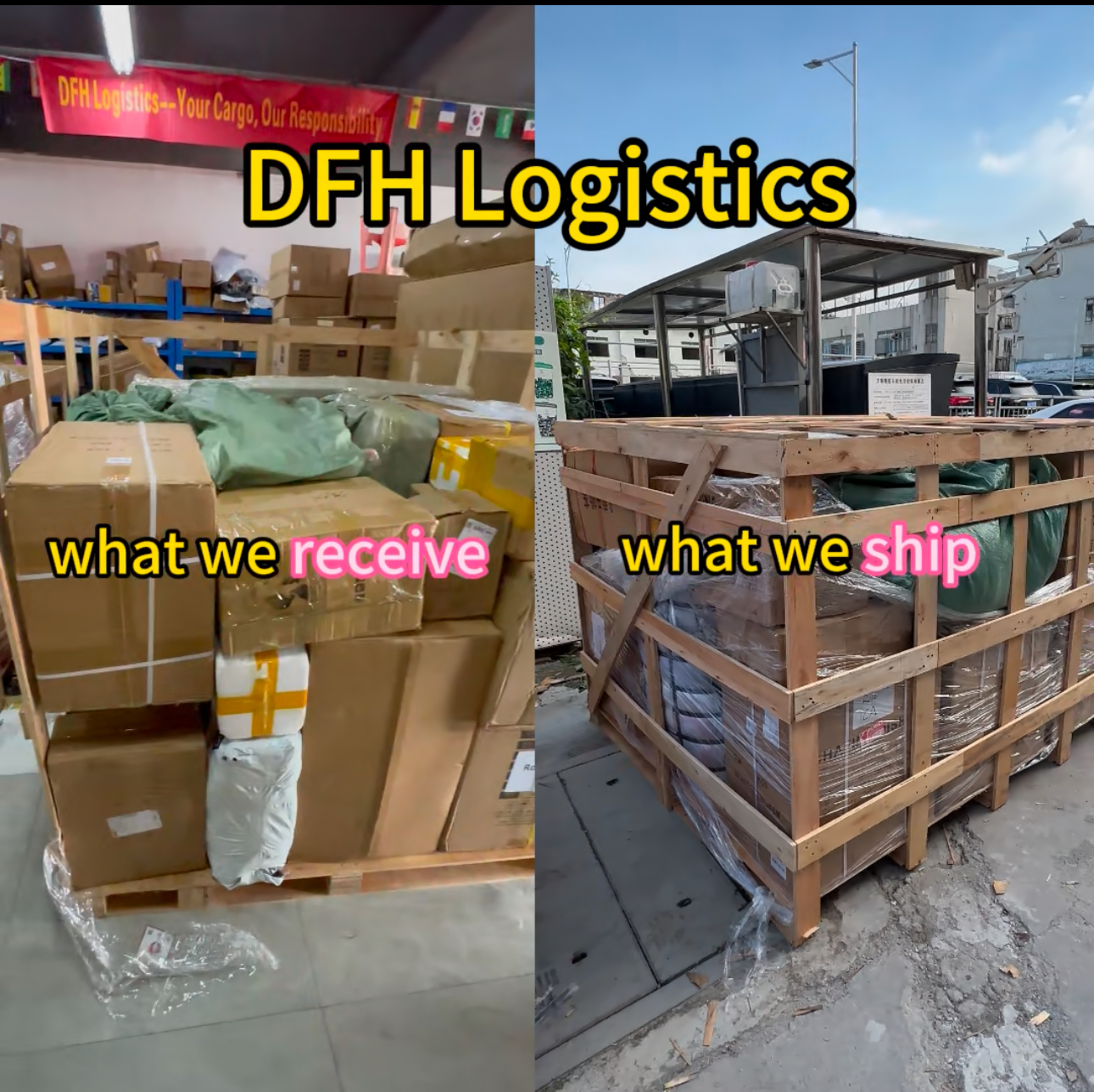
Use export-quality materials
Strong cartons or wooden crates, with moisture protection for sea freight.
Palletize your cargo
Makes loading and container use more efficient.
Label for compliance
Amazon FBA and large retailers require specific labeling—we often re-pack and relabel at our Shenzhen warehouse.
Protect fragile goods
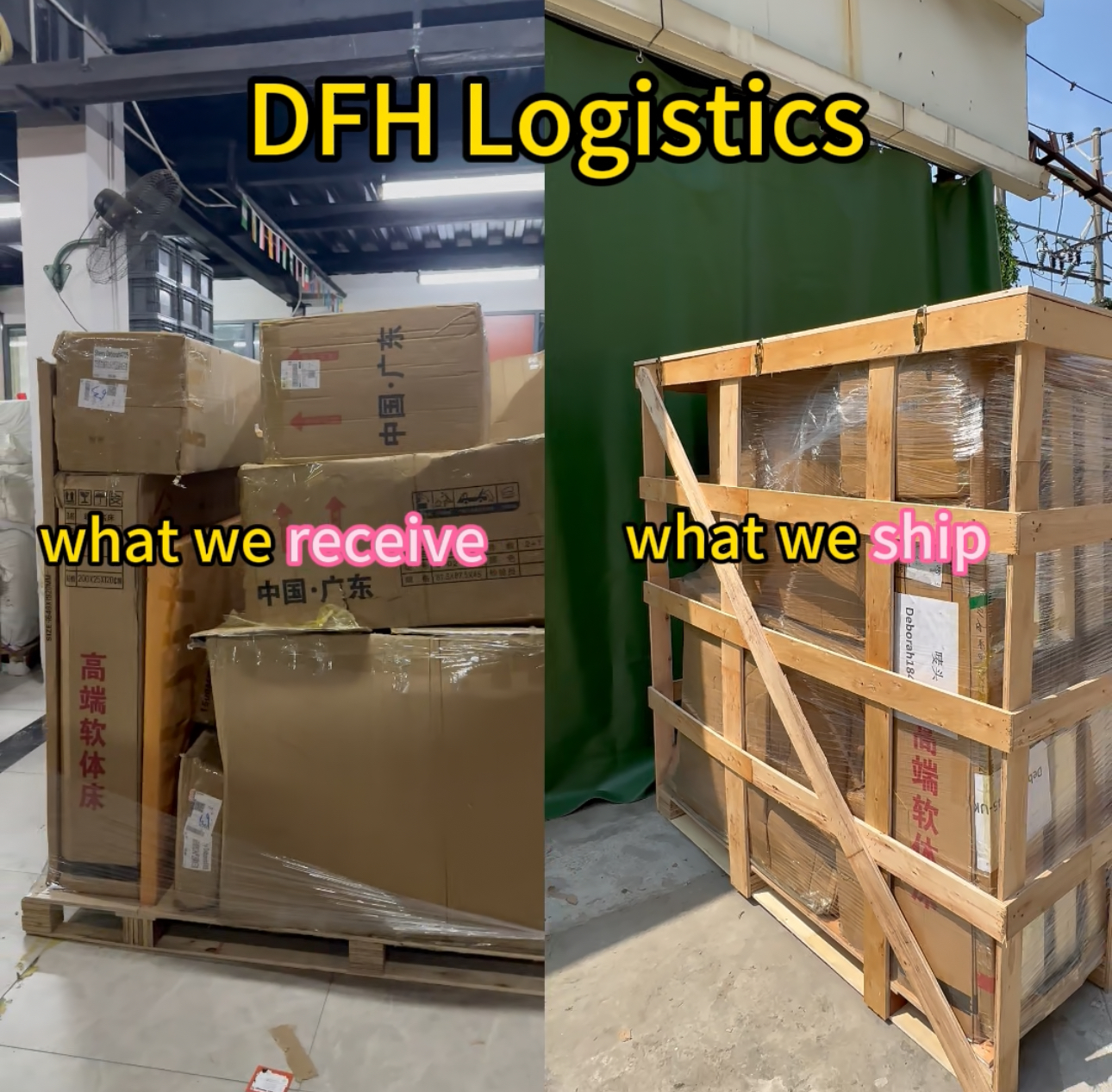
Electronics, glassware, and delicate items need cushioning, foam inserts, or corner protectors.
Request photo proof
Always ask your forwarder to send pictures of the packed goods before dispatch.
How much does it cost to ship from Alibaba to Austria?
Costs vary depending on weight, volume, and method. Below are typical ranges I’ve arranged for my Austrian clients.
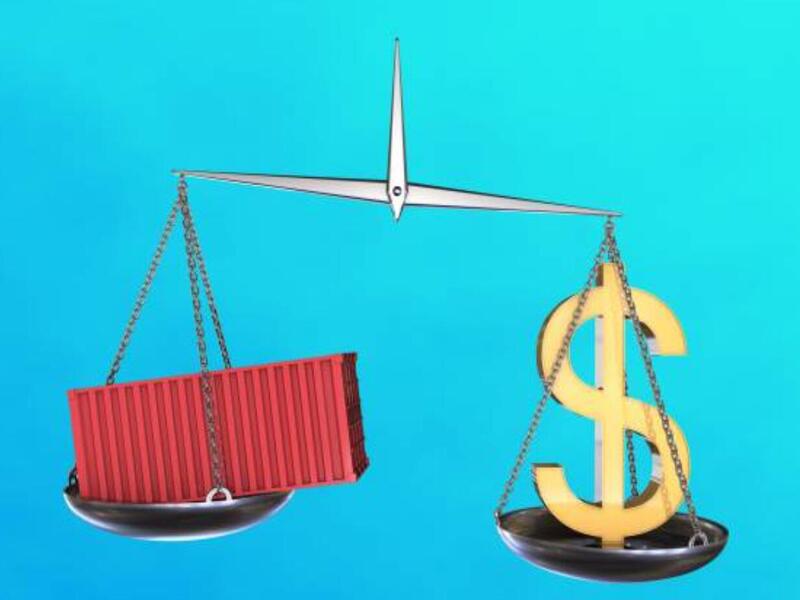
| Method | Transit Time | Cost Range (USD) | Best For |
|---|---|---|---|
| Express Courier | 3–7 days | $6–$10 per kg | Urgent small parcels under 100 kg |
| Air Freight | 5–8 days | $4–$8 per kg (100–500kg) | Medium shipments needing faster transit |
| Sea Freight LCL | 40–50 days | $1.8–$4.5 per kg | Shared container loads (1–15 CBM) |
| Sea Freight FCL | 40–50 days | $1,200–$2,600 per 20ft | Full containers above 20 CBM |
| Railway Freight | 25–30 days | $2–$4 per kg | Medium shipments with balanced needs |
| Truck Freight | 18–25 days | $2.5–$4.5 per kg | Flexible EU-wide delivery |
| DDP Shipping | 7–50 days | All-inclusive fixed quote | Importers without VAT/EORI, FBA sellers |
From experience:
- Sea freight is best for large, heavy goods.
- Air or express are best when timing matters most.
- Rail and truck balance cost and speed.
- DDP is the choice for importers who want everything included.
The above is average shipping costs for common goods. If you want to know the exactly shipping price for
How is customs clearance in Austria handled?
Customs clearance is often where new importers struggle. I’ve seen shipments delayed simply because documents were missing or values were misdeclared. Here’s how the process usually works in Austria.
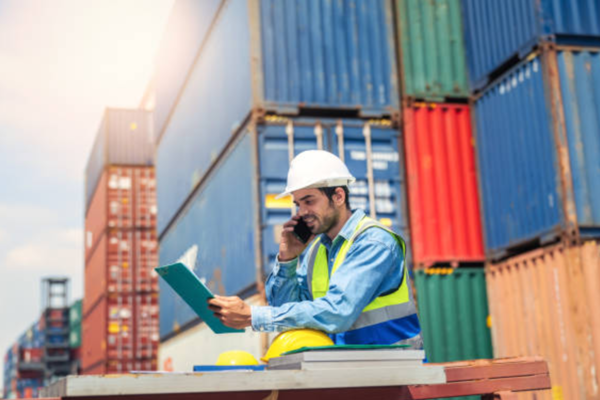
- Invoice, packing list, HS codes, and compliance certificates (CE, RoHS, REACH if required) are checked.
- Goods arrive at Vienna Airport or via EU ports like Hamburg or Koper before trucking into Austria.
- Import declaration is filed with Austrian customs.
- Duties and 20% VAT are applied.
- Customs may inspect or request additional documentation.
- Once cleared, goods are released for delivery.
Common challenges I’ve seen
- Wrong HS codes that trigger higher duties.
- Under-declared values that result in fines.
- Missing certificates for sensitive products like electronics or toys.
This is why many clients choose DDP shipping, where I handle VAT and clearance on their behalf.
How long does shipping from Alibaba to Austria take?
Transit time depends on the method. Here’s what you can expect.
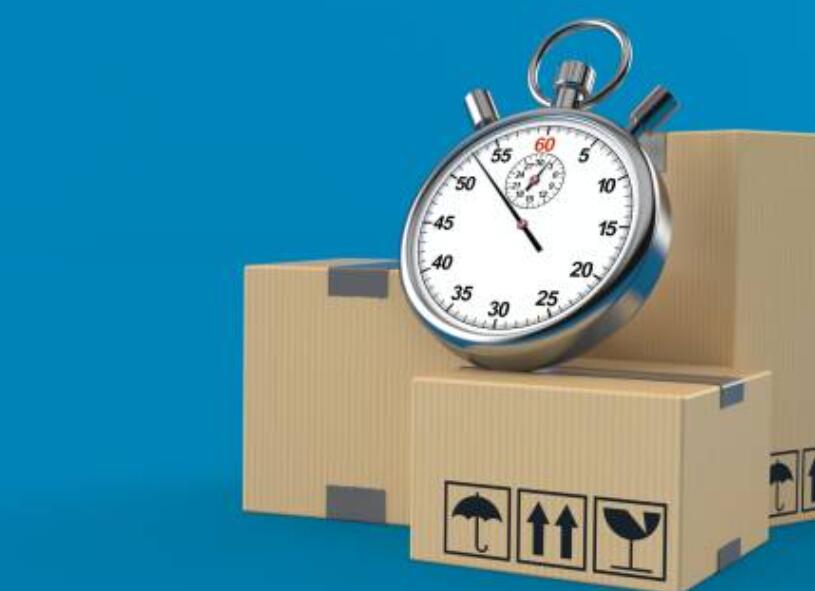
- Express Courier: 3–7 days
- Air Freight: 5–8 days
- Sea Freight (LCL/FCL): 40–50 days
- Railway Freight: 25–30 days
- Truck Freight: 18–25 days
- DDP by Air: 7–15 days
- DDP by Sea: 40–50 days
Peak seasons such as Chinese New Year or Christmas may cause delays. Deliveries to Vienna are generally quicker than to smaller cities.
What is the step-by-step process for shipping from Alibaba to Austria?
Many first-time importers ask me: “What exactly do I need to do?” Let me share the step-by-step approach I guide my Austrian clients through.
Step 1 — Confirm your order and terms
Agree on Incoterms (EXW, FOB, CIF, or DDP) with your supplier. Ask for a commercial invoice and packing list.
Step 2 — Choose your shipping method
Pick express, air, sea, rail, or truck. If you want simplicity, choose DDP.
Step 3 — Arrange pickup and consolidation
We collect goods from one or multiple suppliers. Many importers send everything to our Shenzhen warehouse for free consolidation.
Step 4 — Export customs clearance in China
We prepare the export declaration, even if your supplier lacks export rights.
Step 5 — International transport
Cargo is shipped by your chosen method. Space is booked early to secure rates.
Step 6 — Import customs clearance in Austria
We declare goods, pay duties and 20% VAT, and provide compliance certificates when needed.
Step 7 — Final delivery
We deliver to your warehouse, retail shop, or Amazon FBA.
Why should you choose DFH Logistics for shipping from Alibaba to Austria?
You may be wondering why importers prefer DFH Logistics. From my experience, here’s what my Austrian and international clients value most.
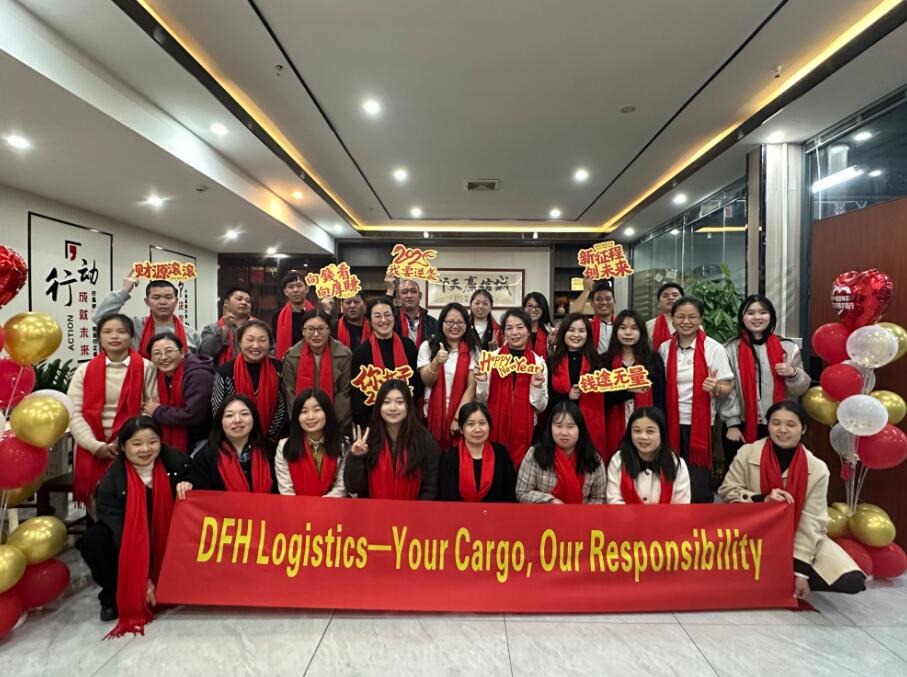
- Complete door-to-door service from China to Austria.
- DDP expertise: we cover customs clearance, duties, and 20% VAT.
- Multiple shipping methods: express, air, sea, rail, and truck.
- Transparent, predictable pricing.
- Free consolidation and 30 days warehousing in Shenzhen.
- Compliance support for CE, RoHS, and REACH certification.
- Amazon FBA preparation and delivery to EU warehouses.
Clients tell me they can finally focus on growing their business while we handle the logistics.
Conclusion
Shipping from Alibaba to Austria can be highly profitable, but only if handled correctly. Success depends on choosing the right method, preparing documents carefully, and managing 20% VAT without errors.
If you want a smooth, all-in-one solution, my team and I are here to help.
Ready to ship from Alibaba to Austria?
Contact DFH Logistics today for a tailored quote. We’ll manage the shipping, customs, and delivery—so you can focus on your business.
Read more:

